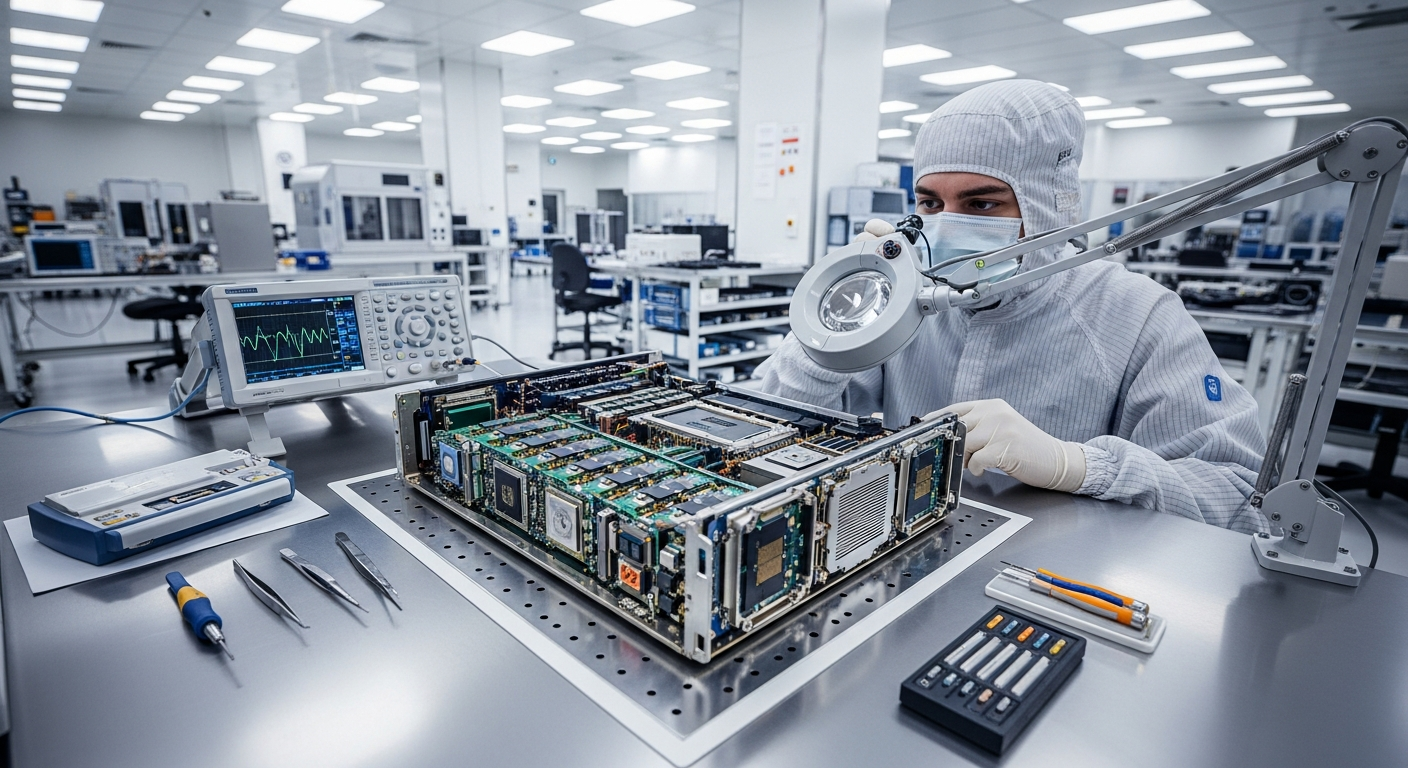Reimagining Sports Nutrition: The Intersection of Science, Performance, and Diet
The world of sports has witnessed numerous transformations, from the evolution of equipment to the revolution of training methodologies. One aspect that has remained a constant focus is nutrition. Athletes understand the critical role that diet plays in their performance, recovery, and overall health. However, sports nutrition is not just about protein shakes, carb-loading, and hydration. In this exploration, we delve into the intriguing intersection of sports, science, and diet, offering a fresh perspective that goes beyond conventional wisdom.

The Genesis of Sports Nutrition: A Historical Overview
The concept of sports nutrition is not as modern as one might assume. Ancient Greek Olympians were known to consume specific diets to enhance their performance. Roman gladiators, surprisingly, followed a predominantly vegetarian diet. However, it was not until the 20th century that science began to play a crucial role in shaping sports nutrition. As athletes pushed boundaries, nutritionists, biochemists, and physiologists joined forces to understand the impact of dietary choices on athletic performance. This marked the beginning of the era of sports nutrition science.
The Paradigm Shift: Modern Sports Nutrition
In the modern era, sports nutrition has evolved into a sophisticated science. It is no longer just about what an athlete eats before or after a game. Instead, it factors in the athlete’s training regimen, performance goals, health status, and even genetic makeup. This comprehensive approach has led to the rise of personalized sports nutrition where dietary plans are tailored to individual athletes. The current trend of incorporating nutrigenomics into sports nutrition exemplifies this shift, promising a future where diet plans could be designed based on an athlete’s DNA.
The Science Behind the Plate: Understanding the Impact of Diet on Performance
The impact of diet on athletic performance is multifaceted. Carbohydrates, for instance, are the primary fuel for muscles. Proteins aid in muscle repair and growth, while fats provide a concentrated source of energy. However, the roles of micronutrients like vitamins and minerals are equally critical. For example, iron is necessary for transporting oxygen to muscles, and calcium is essential for bone health. A well-planned sports diet ensures a balance of these nutrients, optimizing performance and promoting recovery.
Challenging the Status Quo: Unconventional Approaches to Sports Nutrition
While traditional sports nutrition focuses on macronutrients and energy intake, some athletes are exploring unconventional diets. Take, for instance, the ketogenic diet. Characterized by high fat and low carbohydrate intake, this diet challenges conventional sports nutrition wisdom. Yet, some athletes claim it enhances their endurance and recovery. Similarly, the rise of plant-based diets among athletes is noteworthy. These unconventional approaches underscore the need for continuous research and open-mindedness in the field of sports nutrition.
The Future of Sports Nutrition
The future of sports nutrition is undoubtedly exciting. As science continues to uncover the intricate relationship between diet and performance, athletes will gain unprecedented control over their nutritional strategies. In this journey, sports nutrition will continue to be more than just a supplementary aspect of training. Instead, it will remain at the core of athletic performance, pushing the boundaries of what is humanly possible in the world of sports.






